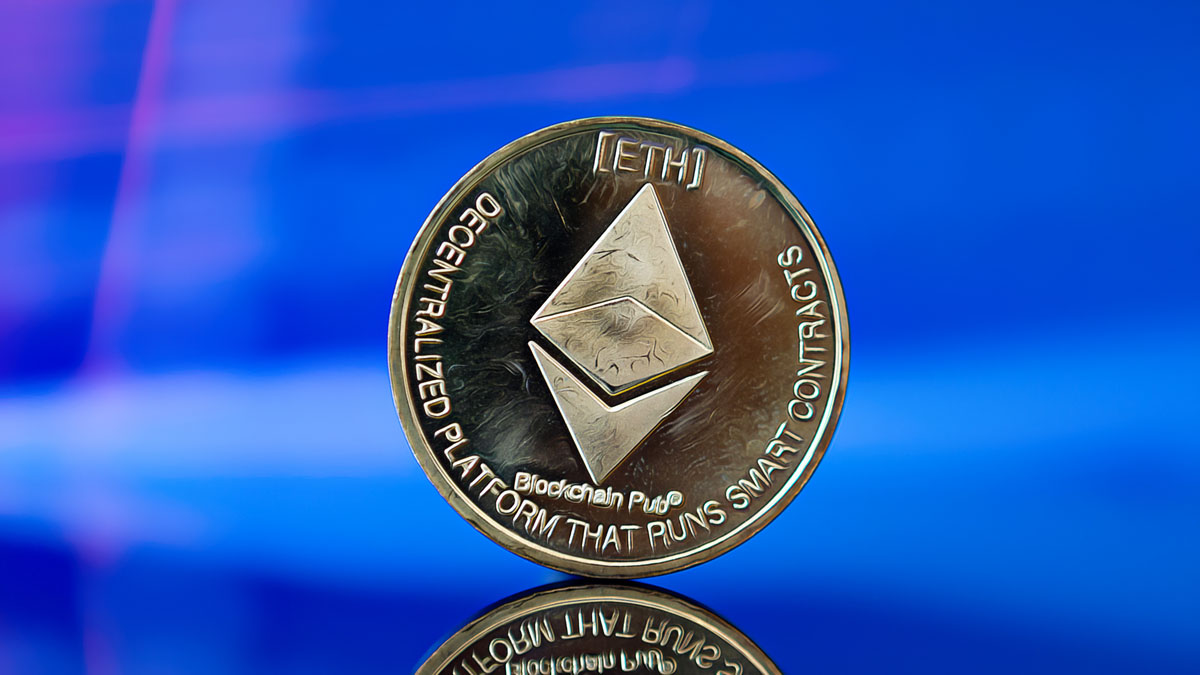The blockchain firm Consensys has challenged the United States Securities and Exchange Commission’s (SEC) apprehension regarding the security and fraud risks inherent in Ethereum‘s proof-of-stake system. This response comes particularly in the context of potential spot Ethereum exchange-traded funds (ETFs). Consensys, known for its widely-used MetaMask wallet, has presented arguments negating the SEC’s concerns, suggesting that Ethereum’s security is not only robust but also superior to Bitcoin‘s proof-of-work system.
Consensys Asserts Ethereum’s Strong Security Features
In a direct communication to the SEC, the blockchain company highlighted Ethereum’s enhanced security aspects, which include quicker block confirmations than Bitcoin, a more distributed power structure among validators, and higher costs associated with potential attacks. They also mentioned penalties in place for validators who breach rules and Ethereum’s better environmental footprint as compared to Bitcoin. Furthermore, Consensys stressed the size and activity of Ethereum’s development community, along with its transparent and public blockchain architecture.
Spot Ethereum ETFs Await SEC’s Verdict
The discourse around the approval of a spot Ethereum ETF is intensifying, with the SEC’s decision deadline on VanEck’s investment product set for May 23rd. The outcome of this and other applications, including those from firms like Fidelity, Hashdex, and ARK 21Shares, remains to be seen, with expectations for approval being mixed. While some anticipate a positive decision in 2023, others forecast potential delays until 2024.
Grayscale, an investment management company, remains hopeful about the SEC’s decision, despite perceptions of limited interaction with applicants. Grayscale’s legal chief has indicated that interaction levels should not be interpreted as indicative of the approval outcomes.
As the debate continues, the SEC’s stance on Ethereum’s security and the future of spot Ethereum ETFs will be a significant factor in the broader acceptance and integration of cryptocurrencies into mainstream financial products.












